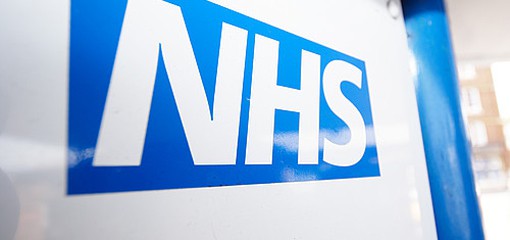
First CCGs get green light
pharmafile | December 11, 2012 | News story | Sales and Marketing | CB, CCGs, Hunt, Lansley, NHS
In a landmark development for the controversial Health and Social Care Act, the first clinical commissioning groups (CCGs) have taken control of the cash they will be expected to spend on local health services.
The NHS Commissioning Board has authorised 34 CCGs – the first of 211 such groups which will all, from 1 April 2013, be responsible for more than two-thirds of the Board’s £95 billion budget.
Far from simply symbolic, this is a significant marker in the road for health secretary Jeremy Hunt – although it will be perhaps of greater satisfaction to his predecessor Andrew Lansley, the architect of the wide-reaching reforms.
CCGs were a beacon of the legislation, and a variety of doctors’ groups opposed their formation and much else about the government’s restructuring programme, in an often bitter public battle.
For its own part, pharma has been wrestling for some time with the challenges of how to find a way into nascent CCGs and the new NHS structures.
Suggested strategies to make a mark in the new commissioning environment have included risk sharing on price with CCGs, although doctors themselves have suggested CCGs will welcome other collaborations.
Board chief executive Sir David Nicholson called the creation of CCGs “a great opportunity for the NHS” that will benefit patients.
“In future, the vast majority of decisions about how we use the public’s money will be made in the community by the clinicians who are closest to the needs of the people they look after,” he said.
“We are determined to push power to the front line where talented clinicians and their teams can make a real difference,” Sir David concluded.
The move marks the death knell for the 152 primary care trusts which currently commission health services: all of England’s 8,000 or so GP practices will be members of a CCG.
The Board is responsible for ensuring CCGs meet standards, and it says the 34 now given the green light – who will be responsible for around ten million people between them – have all completed ‘a rigorous five-month assessment’.
However, only eight of them have no conditions attached to their authorisation, which means the other 26 “need to continue developing so they also meet the criteria in all areas”, the Board says.
The remaining 177 CCGs will be authorised in three more tranches, with the results published in January, February and March next year.
Adam Hill
Related Content

NHS accepts Pfizer’s tafamidis for ATTR-CM treatment
NHS England has announced that it has accepted Pfizer’s drug, tafamidis, for the treatment of …

NICE recommends migraine treatment for NHS use
The National Institute for Health and Care Excellence (NICE) has shared draft guidance recommending AbbVie’s …

Novo Nordisk launches Wegovy in the UK
Novo Nordisk has today announced that Wegovy (semaglutide injection) is now available in the UK …







